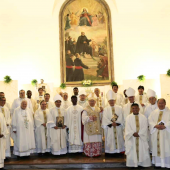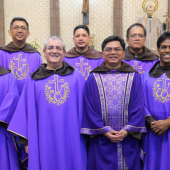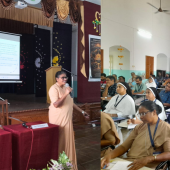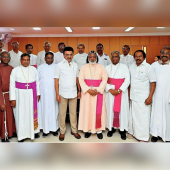Japan’s Catholic bishops renew call for abolition of Nuclear Weapons on 80th World War II anniversary
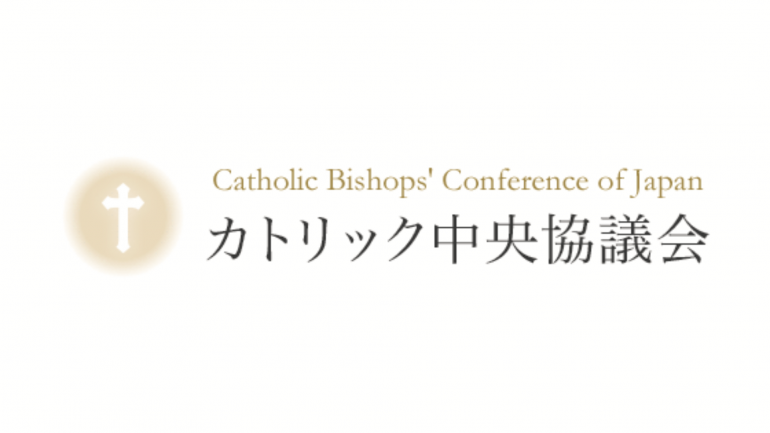
On the 80th anniversary of the end of World War II, the Catholic Bishops’ Conference of Japan (CBCJ) issued a powerful declaration reaffirming their unwavering commitment to the abolition of nuclear weapons.
As the only national bishops’ conference from a country that has suffered atomic bombings, the CBCJ emphasized their moral responsibility to bear witness and advocate for a world free of nuclear arms.
“Having experienced the destructive power of nuclear weapons, we have a responsibility as valuable witnesses,” the bishops stated, echoing their 1995 resolution for peace.
The statement, titled “Declaration on the Abolition of Nuclear Weapons 2025,” recalls the devastation endured by Hiroshima and Nagasaki in 1945, where tens of thousands perished and many continue to suffer from the aftereffects.
The bishops condemned the continued existence and proliferation of nuclear weapons, calling them a grave threat to human dignity and the created world.
“The damage caused by fallout and the widespread environmental destruction have an enormous negative impact on global ecosystems,” the statement read.
They also drew attention to the broader impact of nuclear activity beyond war, including victims of nuclear testing and uranium mining—collectively known as the “Global Hibakusha”—urging the world to expand its compassion and justice for all affected by the nuclear chain.
The CBCJ criticized the logic of nuclear deterrence, calling it ineffective and dangerous. “It plunges the world into a security dilemma, pushing it toward the brink of nuclear war,” the bishops warned.
They reaffirmed the pacifist ideals of Japan’s Constitution, which renounces war and the threat of force in resolving international disputes.
“As followers of the Gospel of Christ,” the bishops wrote, “we strongly urge the complete abolition of nuclear weapons to achieve peace through dialogue and protect the life and dignity of all people.”
The declaration includes four concrete commitments:
-
To continue sharing the reality and inhumanity of the atomic bombings;
-
To support and engage in global movements for the abolition of nuclear weapons;
-
To promote the Treaty on the Prohibition of Nuclear Weapons (TPNW) and call on the Japanese government to ratify it;
-
To pass on the philosophy of peace through education and public awareness.
Concluding their message, the bishops called on all people of goodwill to join them in prayer and action. “The world should be able to choose peace without nuclear weapons... Let us realize a peaceful society, not through weapons that threaten life, but through the practice of God’s love that honors all life.”
The CBCJ’s statement serves as both a moral reminder and a hopeful call to the global community to pursue peace grounded in justice, memory, and love.
Radio Veritas Asia (RVA), a media platform of the Catholic Church, aims to share Christ. RVA started in 1969 as a continental Catholic radio station to serve Asian countries in their respective local language, thus earning the tag “the Voice of Asian Christianity.” Responding to the emerging context, RVA embraced media platforms to connect with the global Asian audience via its 21 language websites and various social media platforms.










